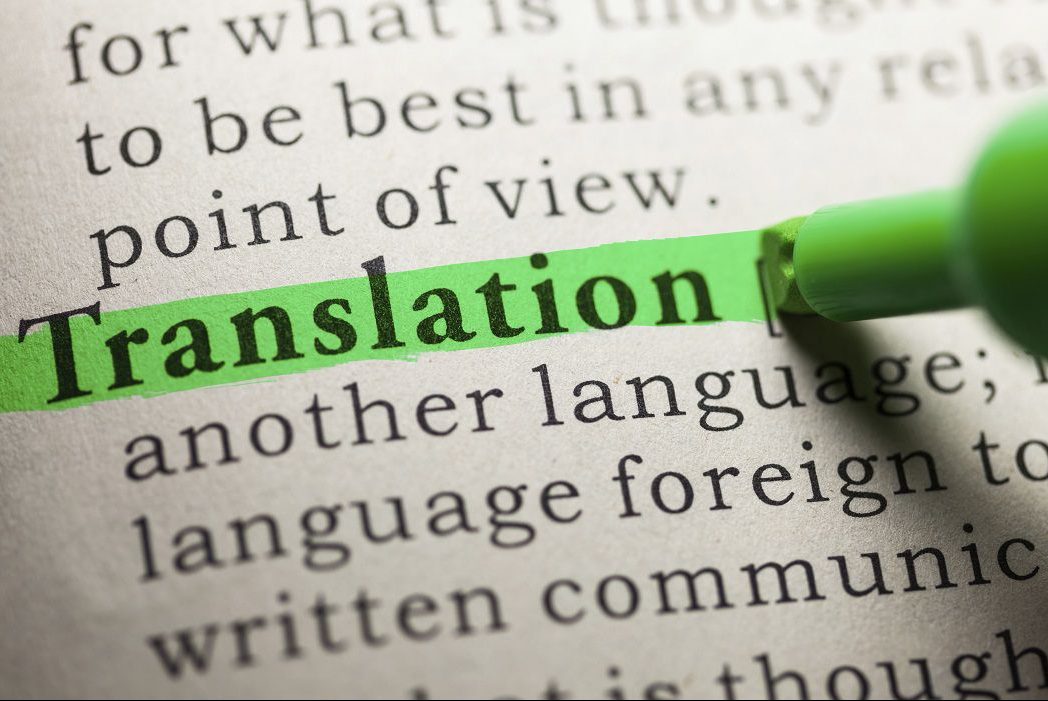This task which Ptolemy imposed on the 72 Elders was beyond human capacity. The Torah was written so that its content might be open to a great variety of possible interpretations. The Torah was given in the Hebrew together with a prescribed method for interpreting its words, verses and letters; thereby eliciting the wide range of meaning which scholars see in them. There is no language whose words are as rich in possible connotation as is Hebrew, the holy language.
Any translation of the Torah must ignore all the treasures of interpretation, allusion, and meaning contained in each word, and translate only the literal meaning. In another language, the Torah becomes like an empty vessel, empty of its entire wealth of meaning, which is the essence of Torah. Only the literal meaning alone is left. How impossible is such an effort, therefore, for those who love the Torah and know its greatness?
There are many verses in the Torah whose literal meaning can be translated in many different ways. The likelihood of many different sages all translating such a verse the same way is very small. That all such verses were translated the same was indeed a great miracle.
Furthermore, there are many verses in the Torah which, if translated literally, would be misunderstood by the non-Jews, and would cause them to deride the Torah sanctity. These verses had to be translated in such a way to preserve the intent of the verse rather than the literal translation.
For example, the sages translated “We will make Man” with “I will make Man” so that the non-Jews would not say that there are more than one G-d. Once again, however, all 72 sages translated all of these difficult verses with the same variation.
